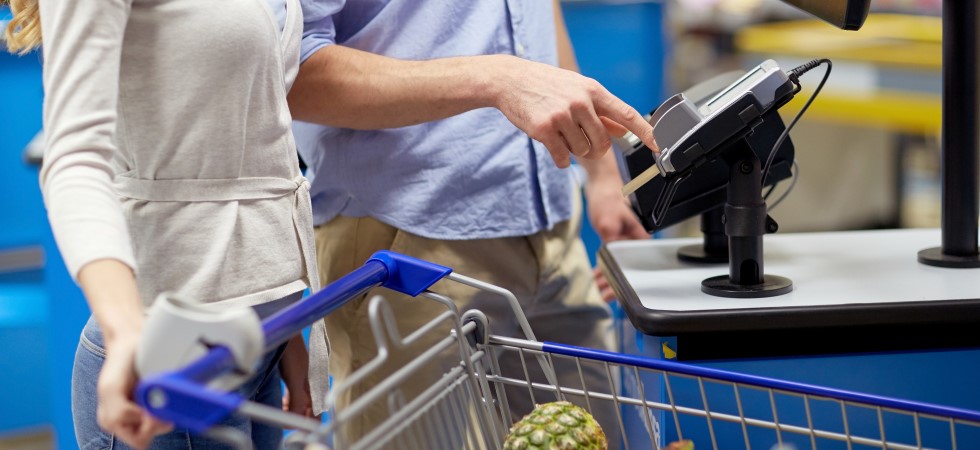Consumers are likely to see food prices increase later this year as cost pressures and Brexit red tape hits suppliers, according to the British Retail Consortium (BRC).
The BRC’s monthly BRC-NielsenIQ Shop Price Index revealed that shop prices fell by 0.6% on an annualised basis in May, compared to a 1.3% drop in the year to April 2021. It was also the slowest decrease in prices since February 2020.
Food prices fell by only 0.3% from 0.6% in April, a deflation that the BRC attributed to supermarkets fighting to keep prices low to please thrifty shoppers.
“However, cost pressures are bearing down,” said Helen Dickinson, chief executive of the BRC. “Global food prices are currently at their highest in seven years, shipping costs have risen threefold since 2019, and commodity prices are climbing. We will likely see these costs filter through in the second half of this year, and with the additional Brexit red tape this autumn, retailers may be forced to pass on some of these costs onto their customers.
“Government can help to ease the burden on British consumers by finding ways to minimise the impact of new checks and documentation required from October.”
Mike Watkins, head of retailer and business insight at NielsenIQ, said: “With high street retailers continuing to offer price reductions and supermarkets promoting seasonal food and drink, this is helping to offset cost of living increases.”









